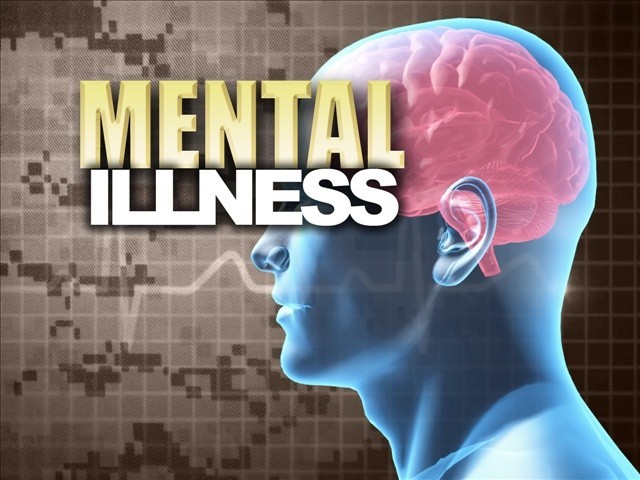ATLANTA - Gwinnett County has started a specialty court geared toward treating mentally ill people accused of committing crimes.
Superior Court Judge Karen Beyers held the first hearing for a participant Thursday. Fourteen other participants are waiting to enter the program. About 20 such courts are operating across Georgia.
To enter the court, a defendant must be an adult facing felony criminal charges that are believed to stem from their mental illness. The goal is to provide judicial supervision for the mentally ill, including getting them substance abuse treatment, so they can stay out of jail. If a defendant completes the treatment program, criminal charges can be dropped.
An estimated 17 percent of inmates in local jails suffer from mental illness. Half of all state and local detainees who have a mental illness report being convicted three or more times.
Beyers said she wanted to start the new accountability court after seeing the same people repeatedly charged for committing crimes that she believes stemmed from their illness. In one case, a man diagnosed with schizophrenia was sent to jail for burglary. He did not take his medications after being released. Roughly a year later, he shot a victim during a gas station robbery. Beyers said he may spend much of his adult life in prison.
``It just breaks my heart to see them in jail or the prison system not getting treated,'' Beyers said. ``It doesn't work to just pull them in and put them back out again. It's a revolving door.''
Douglas County Superior Court Judge Steve Goss created the state's first mental health court in 2002. He said the program stops the cycle of incarceration.
``There's a tangible tax benefit and there's a manpower benefit,'' Goss said. ``But it's also a human benefit, because everybody that comes into court is somebody's brother or sister or father or mother.''
Friday
May 24th, 2024
5:51PM









